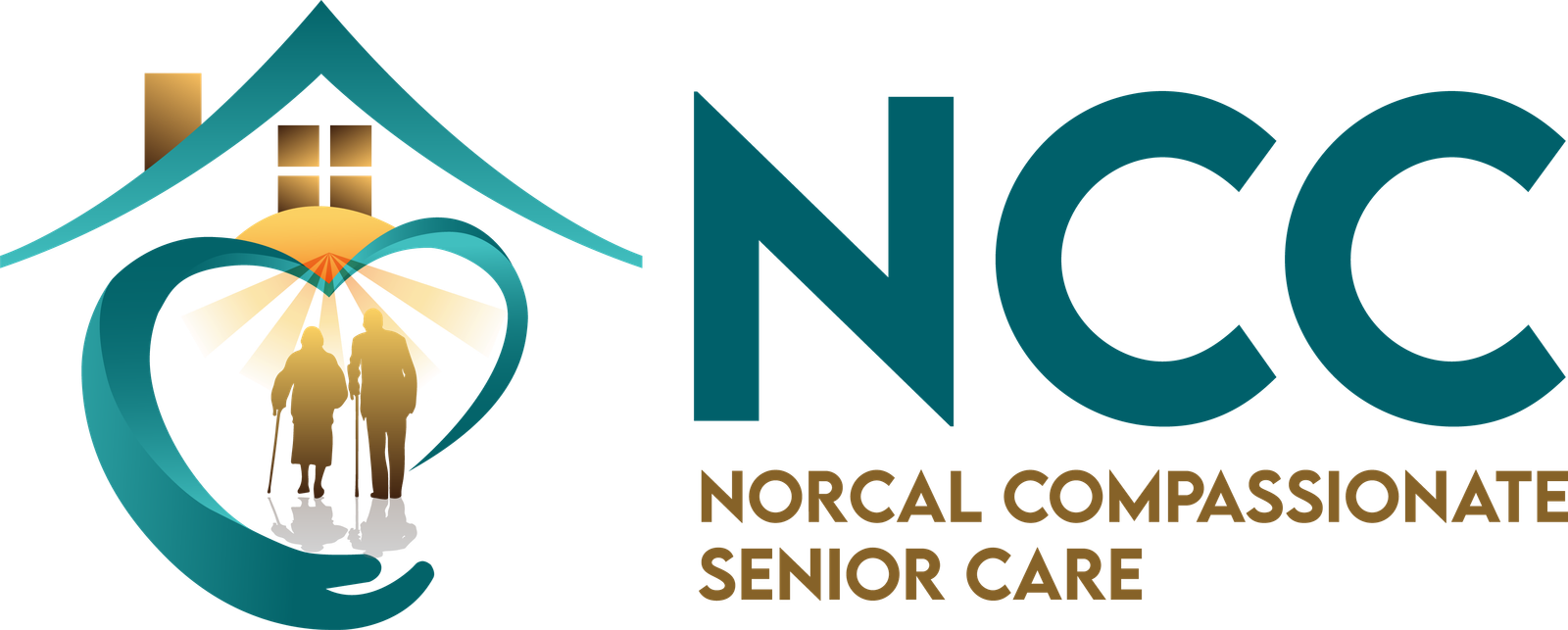Specialized Care

Specialized care for caregivers involves providing targeted support and services tailored to the unique needs of care recipients with specific conditions or circumstances. This type of care is essential because it ensures that caregivers are equipped with the knowledge, skills, and resources necessary to manage complex caregiving responsibilities effectively.
Caregivers often face significant challenges when caring for individuals with chronic illnesses, disabilities, or age-related conditions. Specialized care programs offer comprehensive training that covers various aspects of caregiving, including medical care, emotional support, and practical assistance. These programs may include workshops, online courses, and hands-on training sessions designed to enhance caregivers’ competencies and confidence.
In addition to training, specialized care for caregivers also encompasses access to resources such as support groups, counseling services, and respite care. Support groups provide a platform for caregivers to share experiences, seek advice, and receive emotional support from others in similar situations. Counseling services offer professional guidance to help caregivers cope with stress, anxiety, and other emotional challenges associated with caregiving.
Respite care is another critical component of specialized care, offering temporary relief to caregivers by providing short-term care for their loved ones. This allows caregivers to take a break, attend to personal needs, or simply rest and recharge, which is vital for maintaining their well-being and preventing burnout.
Furthermore, specialized care programs often include information on navigating healthcare systems, managing medications, and understanding legal and financial aspects of caregiving. This holistic approach ensures that caregivers are well-prepared to handle the multifaceted demands of their role, ultimately leading to better outcomes for both caregivers and care recipients.
By addressing the unique needs of caregivers and providing them with the necessary tools and support, specialized care programs play a crucial role in enhancing the quality of care provided to individuals with specific conditions or circumstances. This, in turn, contributes to the overall well-being and quality of life for both caregivers and those they care for.
Alzheimer’s and dementia care
- Specialized training in managing symptoms, behavior changes, and communication challenges.
- Bathing and Hygiene: Assistance with bathing, grooming, and maintaining personal hygiene, and salon appointments sessions.
- Routine: Establishing routines to provide stability and comfort.
Chronicillnes management
- Medication Management: Ensuring proper administration of medications and monitoring for side effects.
- Lifestyle Adjustments: Implementing dietary, exercise, and lifestyle modifications to manage symptoms.
Post-surgical or rehabilitation care, including PT OT post sessions.
- Recovery Assistance: Supporting recovery from surgeries or injuries, including physical therapy exercises.
- Wound Care: Providing care for surgical wounds and monitoring for signs of infection.
- Mobility Support: Assisting with mobility aids and preventing falls.
Disability Care.
- Adaptations: Modifying the home environment to improve accessibility and independence.
- Assistive Devices: Using and maintaining assistive devices for mobility, communication, and daily living.
- Skill Development: Supporting the development of life skills and promoting social inclusion.
Specialized care for caregivers involves providing targeted support and services tailored to the unique needs of care recipients with specific conditions or circumstances. This care ensures that caregivers are equipped with the knowledge, skills, and resources necessary to manage complex caregiving responsibilities effectively.
Alzheimer’s and dementia care
- Specialized training in managing symptoms, behavior changes, and communication challenges.
- Bathing and Hygiene: Assistance with bathing, grooming, and maintaining personal hygiene, and salon appointments sessions.
- Routine: Establishing routines to provide stability and comfort.
Chronic illness management
- Medication Management: Ensuring proper administration of medications and monitoring for side effects.
- Lifestyle Adjustments: Implementing dietary, exercise, and lifestyle modifications to manage symptoms.
Post-surgical or rehabilitation care, including PT OT post sessions.
- Recovery Assistance: Supporting recovery from surgeries or injuries, including physical therapy exercises.
- Wound Care: Providing care for surgical wounds and monitoring for signs of infection.
- Mobility Support: Assisting with mobility aids and preventing falls.
Disability Care.
- Adaptations: Modifying the home environment to improve accessibility and independence.
- Assistive Devices: Using and maintaining assistive devices for mobility, communication, and daily living.
- Skill Development: Supporting the development of life skills and promoting social inclusion.

